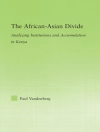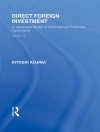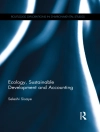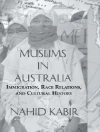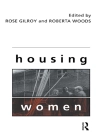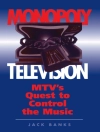Proscribing peace offers a systematic examination of the impact of proscription on peace negotiations. With rare access to actors during the Colombian negotiations with the Revolutionary Armed Forces of Colombia People’s Army (FARC), Sophie Haspeslagh shows how proscription makes negotiations harder and more prolonged. By introducing the concept of ’linguistic ceasefire’, Haspeslagh adds to our understanding of the timing and sequencing of peace processes in the context of proscription. Linguistic ceasefire has three main components: first, recognise the conflict; second, discard the ’terrorist’ label, and third, uncouple the act and the actor. These measures remove the symbolic impact of proscription, even where de-listing is not possible ahead of negotiations. With relevance for more than half of the conflicts around the world in which an armed group is listed as a terrorist organisation, ’linguistic ceasefire’ helps to explain why certain conflicts remain stuck in the ’terrorist’ framing, while others emerge from it. International proscription regimes criminalise both the actor and the act of terrorism. Proscribing peace calls for an end to the amalgamation between acts and actors. By focussing on the acts instead, Haspeslagh argues, international policy would be better able to consider the violent actions both of armed groups and those of the state. By separating the act and the actor, change – and thus peace – become possible.This book is relevant to United Nations Sustainable Development Goal 16, Peace, justice and strong institutions
Sophie Haspeslagh
Proscribing peace [PDF ebook]
How listing armed groups as terrorists hurts negotiations
Proscribing peace [PDF ebook]
How listing armed groups as terrorists hurts negotiations
Köp den här e-boken och få 1 till GRATIS!
Språk Engelska ● Formatera PDF ● Sidor 240 ● ISBN 9781526157607 ● Utgivare Manchester University Press ● Publicerad 2021 ● Nedladdningsbara 3 gånger ● Valuta EUR ● ID 10026658 ● Kopieringsskydd Adobe DRM
Kräver en DRM-kapabel e-läsare


